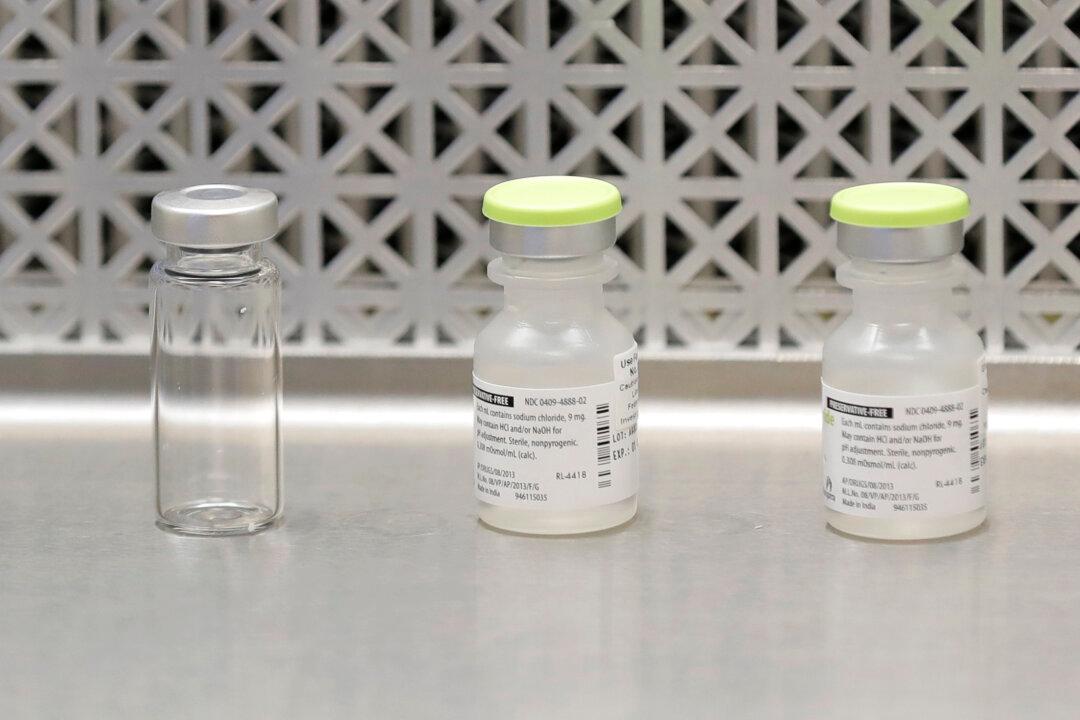One of only five COVID-19 vaccines in human trials could enter phase two this summer as researchers expand the testing population to study the effect of the candidate in older adults.
Moderna’s vaccine has been tested in healthy adults from 18 to 55 years old across three doses: 25 micrograms, 100 micrograms, and 250 micrograms. The phase one study is being expanded and will now include testing the different dosing levels in two different groups: one group consisting of adults from 56 to 70 and the other with adults 71 years old and above.





